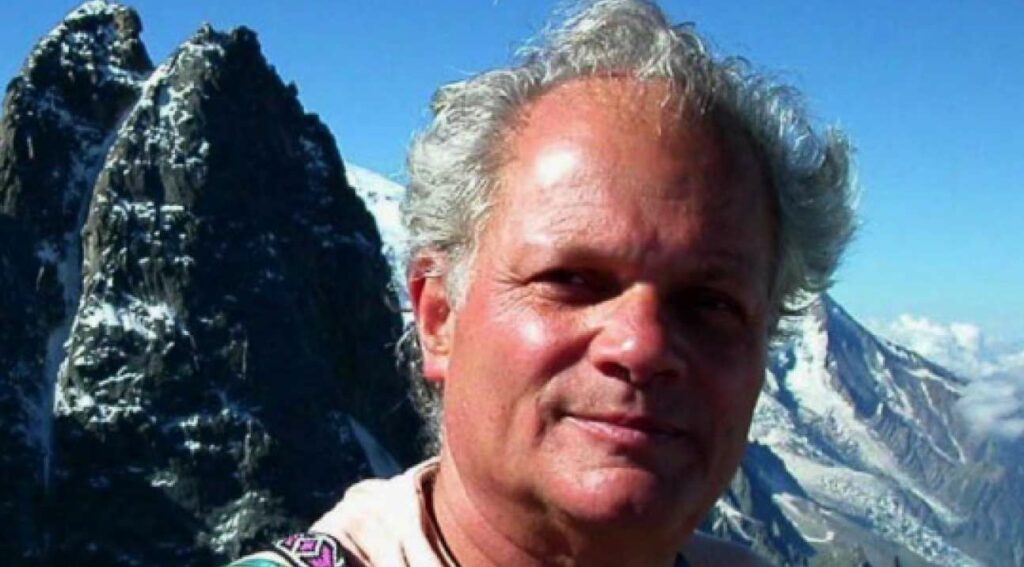
The course will be held from 4 to 13 July 2022 at Dipartimento di Matematica, Università di Pisa.
Schedule:
4-07-2022 10:30-12:30 Aula Magna, Dipartimento di Matematica.
Lecture 1: Observations and planetary flow theory. Preliminary Slides, v1.3.2, doi:10.5281/zenodo.4765825.
https://youtu.be/IoV9GenIOj4
16:00-18:00 Aula Magna, Dipartimento di Matematica.
S Galatolo: Informal recalls about deterministic, random dynamical systems and transfer operators.
6-07-2022 10:30-12:30 Aula Magna, Dipartimento di Matematica.
Lecture 2: Atmospheric low-frequency variability (LFV) and long-range forecasting (LRF), Preliminary Slides, v1.3.2, eprint doi:10.5281/zenodo.4765825.
https://youtu.be/d3l8KrYFRuE
15:00-17:00 Aula Magna, Dipartimento di Matematica.
Lecture 3 Energy balance models, paleoclimate & “tipping points,” Preliminary Slides, v1.3.1 doi:10.5281/zenodo.4765734.
https://youtu.be/OJPBnItb_OM
8-07-2022 10:30- 12:30 Aula Magna, Dipartimento di Matematica.
Lecture 4: Nonlinear & stochastic models—Random dynamical systems, Preliminary Slides, v1.3.2, doi:10.5281/zenodo.4765865
15:00-17:00 Aula Magna Seminar 1: S. Vaienti “Thermodynamics and limit theorems for random open dynamical systems”.
11-07-2022 10:30- 12:30 Aula Magna, Dipartimento di Matematica.
Lecture 5: Advanced spectral methods, nonlinear dynamics, and the Nile River, Preliminary Slides, v1.3.1, doi:10.5281/zenodo.4765847 .
https://youtu.be/TZGhoszeHNo
15:00-17:00 Aula Magna Seminar 2: S. Vaienti “Thermodynamics and limit theorems for random open dynamical systems”.
13-07-2022 10:30- 12:30 Room N1, Dipartimento di Matematica.
Lecture 6: Applications to the wind-driven ocean circulation, Preliminary Slides, v1.3.1, doi:10.5281/zenodo.4765847.
Biography
Michael Ghil obtained his Ph.D. from New York University’s Courant Institute of Mathematical Science with Peter D. Lax in 1975. He is a Distinguished Professor of Geosciences (emeritus) at the Ecole Normale Supérieure, Paris, past Head of its Geosciences Department (2003–2009) and founder of its Environmental Research and Teaching Institute. He is also a Distinguished Research Professor at the University of California, Los Angeles, where he was Chair of the Department of Atmospheric Sciences (1988–1992) and Director of the Institute of Geophysics and Planetary Physics (1992–2003).
Michael Ghil is a founder of theoretical climate dynamics, as presented in his Springer-Verlag (1987) book with Steve Childress, as well as of advanced data assimilation methodology, as presented in the Springer-Verlag (1981) book co-edited with Lennart Bengtsson and Erland Källén. He has applied systematically ideas and methods from nonlinear dynamics to planetary-scale flows, atmospheric and oceanic. He has used these methods to proceed from simple flows with high temporal regularity and spatial symmetry to the observed flows, with their complex behavior in space and time. His studies of climate variability on many time scales have used a full hierarchy of models, from the simplest ‘‘toy’’ models all the way to atmospheric, oceanic and coupled general circulation models.
Michael Ghil has worked on Climate Dynamics, Dynamical and Complex Systems, Extreme Events, Numerical and Statistical Methods, and (most recently) Mathematical Economics. He is the author or editor of a dozen books and author or co-author of nearly 350 research and review articles. Many of the latter can be found on the website of his research group at UCLA. His honors and awards include the L.F. Richardson Medal of the European Geosciences Union (EGU, 2004), the E.N. Lorenz Lecture of the American Geophysical Union (2005), a Plenary Lecture at the 7th International Congress on Industrial and Applied Mathematics (ICIAM 2011), the Alfred Wegener Medal of the EGU (2012), and Membership in the Academia Europaea (1998).
The course is organized with the support of: “PRA_2020_82 Sistemi dinamici in logica, geometria, fisica matematica e scienza delle costruzioni, 2020-2021″ (scientific coordinator G. Tommei).
For information about the course please contact Stefano Galatolo.
